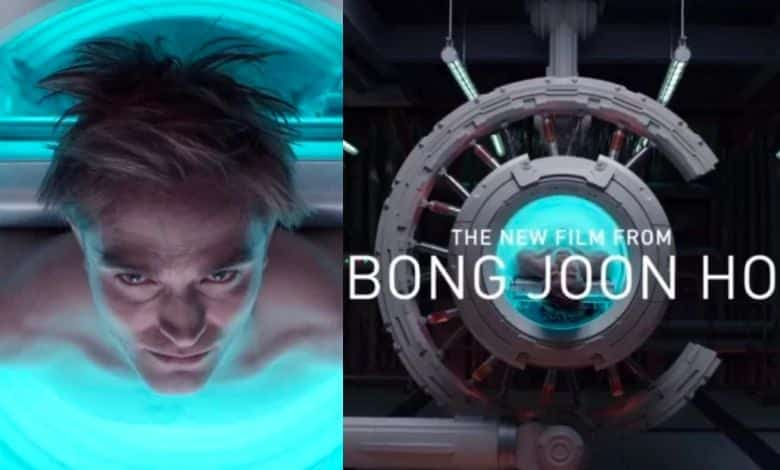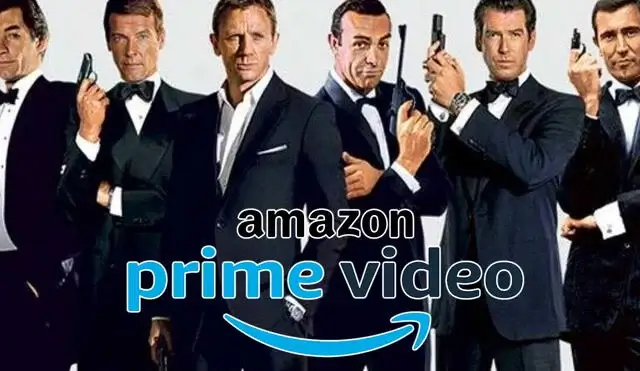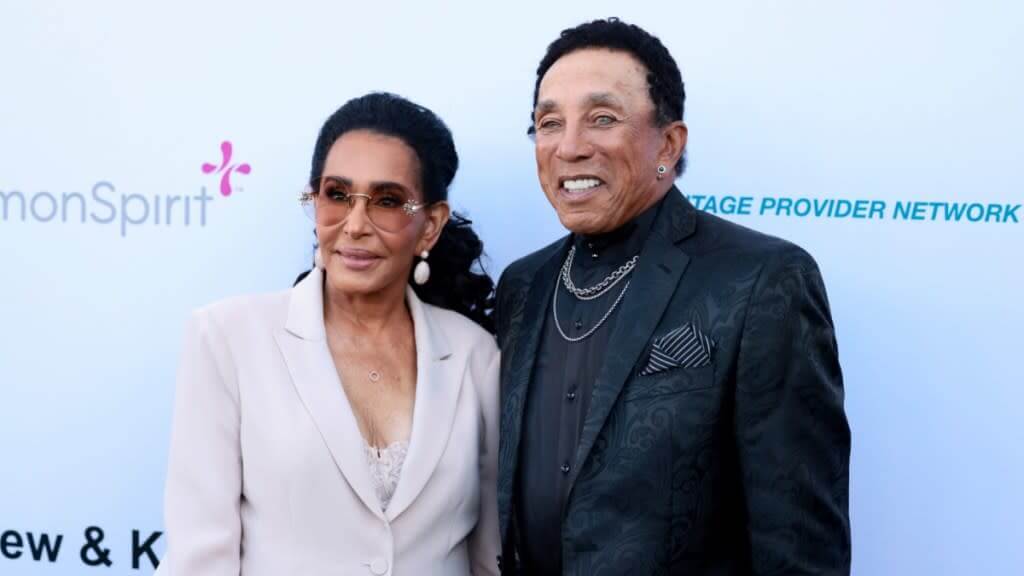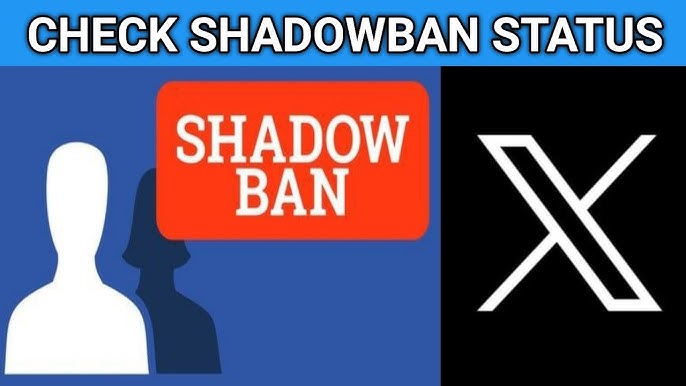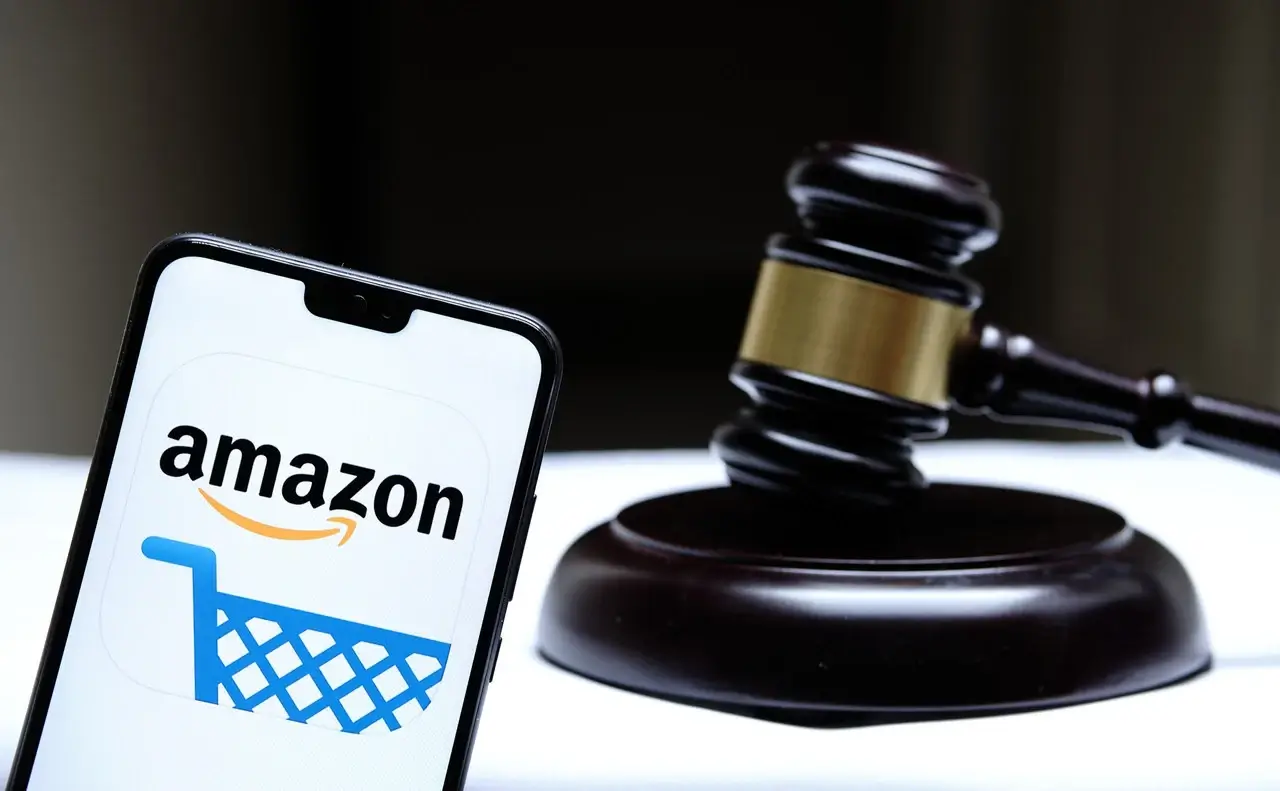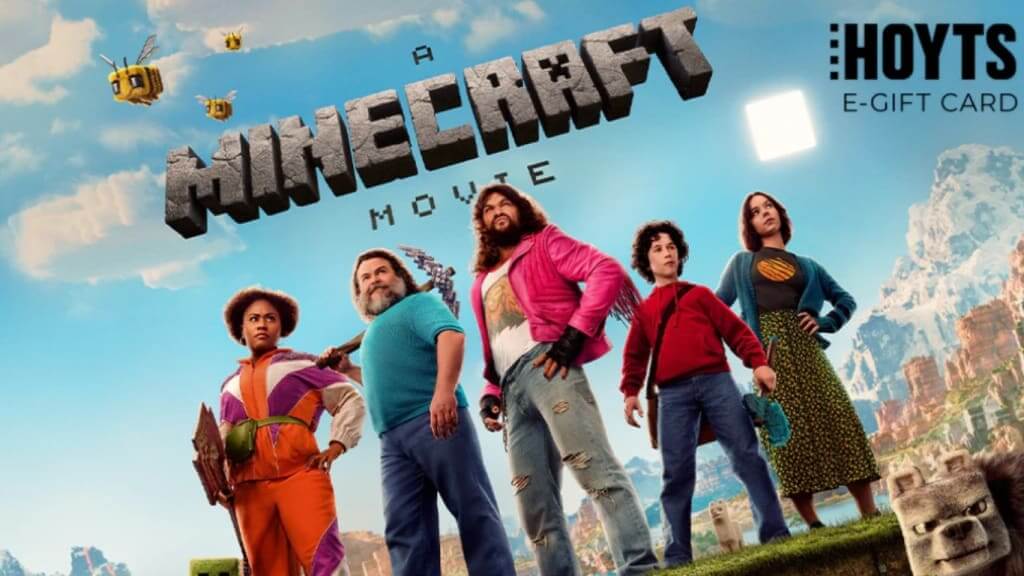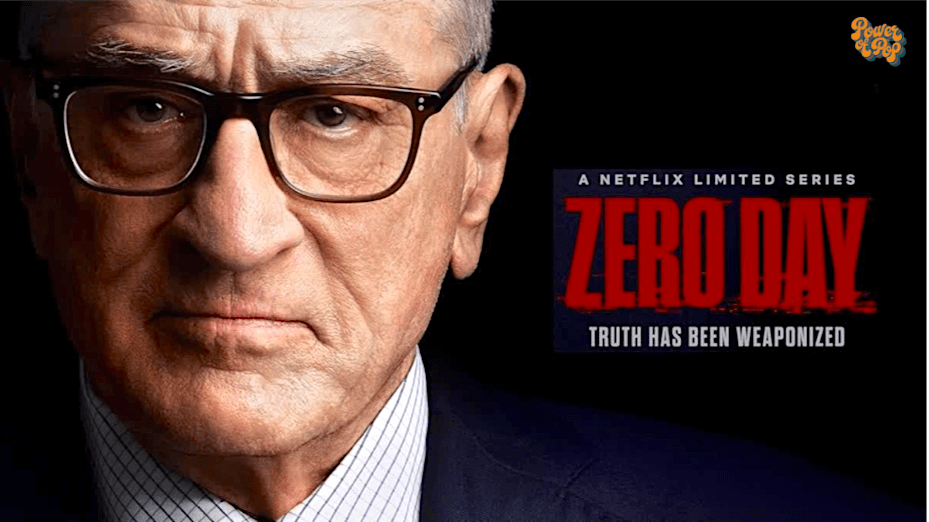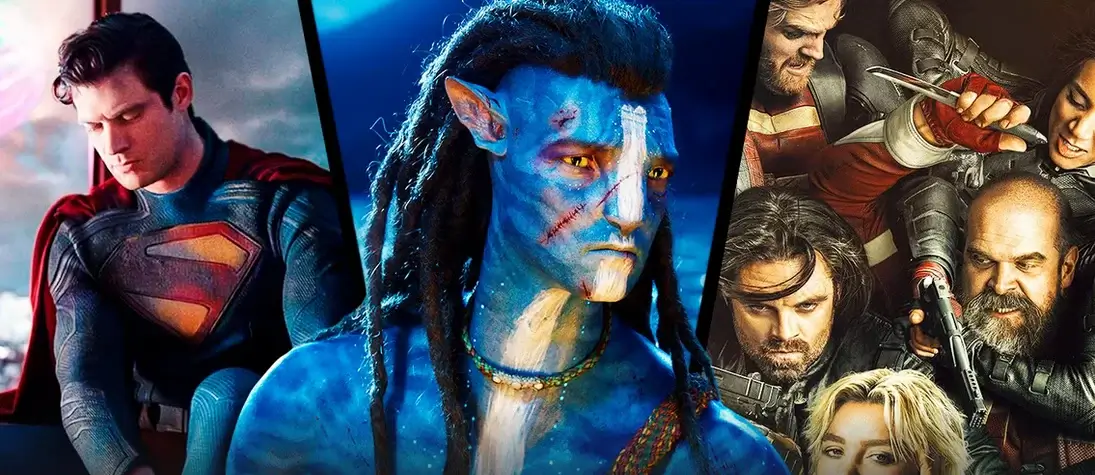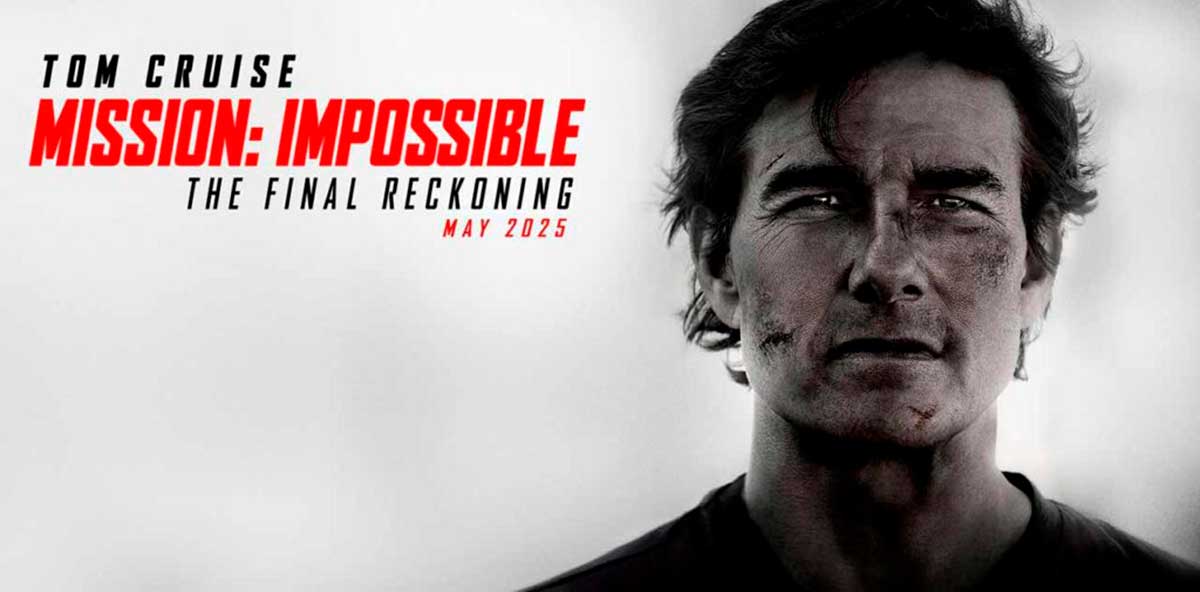Table of Contents
In recent months, a surprising wave of excitement has surged online around a supposed sequel to the 2004 epic Troy, unofficially dubbed Troy 2. While many fans of ancient war dramas have enthusiastically clicked on “trailers” and speculation videos, the truth remains simple: there is no official confirmation of Troy 2. Still, the internet, powered by increasingly sophisticated AI technology, has blurred the line between fiction and reality, igniting false hope among movie lovers.
The Rise of Troy 2 Hype
It all started with a few high-quality fan-made trailers that appeared on YouTube. These videos, edited with great skill, combined existing footage of Brad Pitt as Achilles, new voiceovers, and scenes from other historical dramas to simulate what a sequel might look like. With titles like “TROY 2: Rise of the Empire (2025)” and thumbnails that showcase epic battles and dramatic poses, the illusion was convincing enough to spark viral sharing.

Some fans genuinely believed a new Troy movie was in production. Comments poured in, full of anticipation, fan theories, and casting suggestions. But it wasn’t long before skeptics started pointing out inconsistencies, such as reused footage and the fact that Achilles, the central character, dies at the end of the first movie.
Why a Real Sequel Is Unlikely
Troy, directed by Wolfgang Petersen and based loosely on Homer’s Iliad, ends with the death of Achilles. The story arc is complete, and the war itself concludes shortly thereafter. Creating a direct sequel would therefore be challenging from a narrative standpoint.
Moreover, the original film, while successful, received mixed reviews from critics and was not part of a franchise plan. Unlike Marvel or The Lord of the Rings, Troy stood as a self-contained cinematic event. Given these factors, the likelihood of a Troy 2 hitting theaters remains slim.
How AI Tech Fuels the Illusion
The emergence of AI-generated content has drastically changed how audiences interact with film speculation. With tools like deepfake software and generative video AI, fans can now create hyper-realistic content that mimics Hollywood-quality trailers. These AI tools can replicate voices, facial expressions, and even generate entirely new scenes that never existed.
This technological leap is a double-edged sword. On one hand, it empowers creators and democratizes filmmaking. On the other, it sows confusion and misinformation. A viewer without prior knowledge could easily mistake a fan-made video for an official release, especially when platforms like YouTube don’t always clarify the authenticity of such content.
Christopher Nolan’s Odyssey and the Real Spiritual Sequel
Although there is no Troy 2 in the pipeline, another major film project might scratch the same mythological itch. Acclaimed director Christopher Nolan is working on an adaptation of Homer’s Odyssey, set for release in 2026. This film, focusing on Odysseus’s journey after the fall of Troy, could be considered a spiritual successor to Troy.
Featuring an all-star cast including Matt Damon, Zendaya, Tom Holland, and Charlize Theron, Nolan’s Odyssey promises to blend myth with realism, a hallmark of his storytelling style. Unlike the AI-generated fantasy of Troy 2, this project is very real and backed by a major studio.
The Danger of Manufactured Reality
The buzz around Troy 2 isn’t just an isolated internet trend—it’s a glimpse into a larger issue: how AI and digital media can manufacture belief. As algorithms learn to produce ever more realistic video and audio, the potential for spreading false narratives increases.
This phenomenon isn’t limited to films. Political misinformation, fake news, and deepfake interviews are already blurring the truth in serious real-world contexts. In entertainment, while the consequences are less dire, the manipulation of public perception still matters. Fans investing emotionally in a sequel that doesn’t exist may feel disappointed or misled.
Conclusion: Enjoy the Fantasy, But Know the Facts
Fan culture thrives on imagination, and there’s nothing wrong with dreaming of what Troy 2 could be. But in an age where AI technology can fabricate near-perfect illusions, it’s more important than ever to stay informed.
Always check sources, look for official confirmations, and be cautious about content that seems too good to be true. That epic trailer you just watched may be a work of digital art—not an actual upcoming blockbuster.
Until then, we can enjoy the original Troy, anticipate Nolan’s Odyssey, and marvel at how far both storytelling—and technology—have come.
Discover more from World of Movie
Subscribe to get the latest posts sent to your email.


